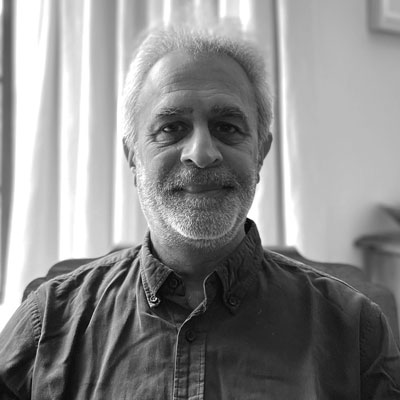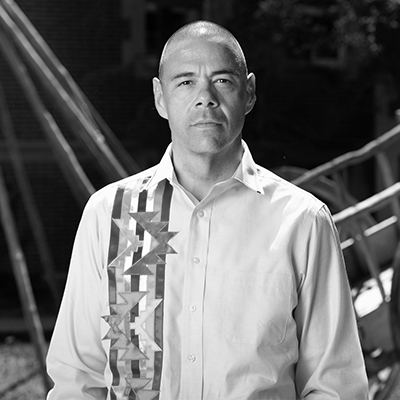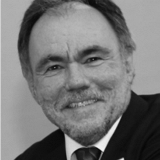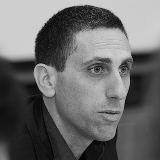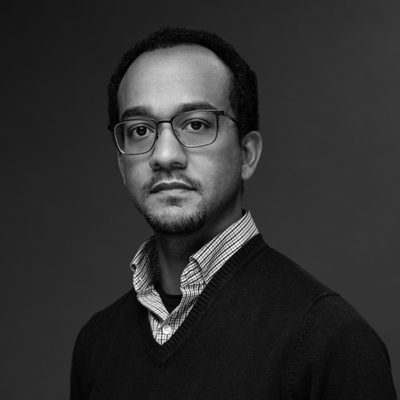Fellows & Advisors
ROLES
CIFAR fellows, scholars, and advisors advance knowledge across disciplines.
Researchers are invited to participate in CIFAR programs for their excellence in research and communication, as well as for how their expertise fits into the goals of a program.
Advisor
Preeminent scholars in their field are selected for their professional reputation and their capacity to provide guidance and advice to CIFAR and their research programs. Each program has approximately 6-8 advisors working as a committee.
Fellow
An outstanding researcher who is internationally recognized for conducting innovative studies that lead to high-impact advances in their fields. A fellow joins a program at the invitation of the program co-directors and advisors to provide research expertise to the program’s themes and goals. They receive annual unrestricted research support.
Associate Fellow
Outstanding, internationally recognized researchers who join a program at the invitation of the program co-directors and advisors to provide research expertise to the program’s themes and goals.
Program Director
A fellow who has a strong vision for the program and the ability to motivate and lead a multidisciplinary group of scholars to make progress toward the program’s transformative knowledge creation may be invited to serve as a program co-director.
Co-directors have demonstrated intellectual leadership and a willingness and openness to extend dialogue across traditional disciplinary boundaries. In some instances, a program may choose to appoint an associate director as a leadership opportunity for emerging scholars.
CIFAR Azrieli Global Scholar
Outstanding early-career researchers, recognized as rising stars in their field for their potential as future research leaders. Representing a wide range of disciplines and countries, they are selected to participate for two years in one of CIFAR’s research programs and receive unrestricted research support.
Support Us
CIFAR is a registered charitable organization supported by the governments of Canada and Quebec, as well as foundations, individuals, corporations and Canadian and international partner organizations.











